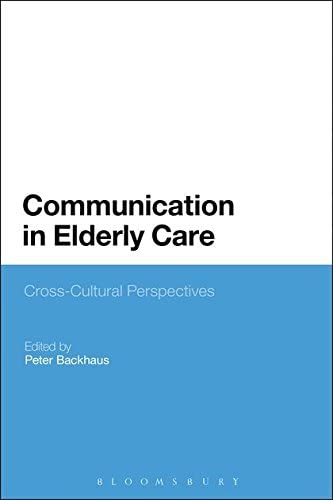
While it's true that family caregivers can be a "no blame" disease, it's important not to forget that the disease is not your responsibility. Instead of trying controlling others, work to leave a lasting legacy. Here are some helpful tips to help you and your family deal with the disease. We will be discussing the many ways caregivers can make meaning. We will also discuss how to avoid common pitfalls.
Caregiving in a "no-fault" disease
Family members often act as primary caregivers for people with mental illness. They can feel upset, frustrated, or even dismayed when they are involved in the care of ill family members. They often feel guilt and resentment because the illness is not their fault. Families can help their loved ones cope by joining self-help groups as well as special meetings run by family associations.
Blaming other people
You might be called a "bad caregiver" if you are a family caregiver. Perhaps your caregiver role isn't meeting expectations. You may feel neglected or devalued by your caregiver. The reality is that caregivers may have chronic illnesses. The result isn't just stress but constant worry. You will feel worse than ever if you blame other family caregivers.
Legacy building
It can be powerful to create a legacy in order to remember and honor a loved one who has recently passed. Interventionists assist patient-family caregiver dyads in collaborative planning and evaluation. By guiding them through the process of selecting a Legacy project and problem-solving, these caregivers can help patients and their families develop a shared understanding of what is important to them and create a commitment to complete the Legacy together.

Legacy activities are different ways of conducting a life review and documenting memories. These activities can include a photograph or hand mold. Some activities can be planned ahead of time, such as a photography album, or can be spontaneous, such as outings with the family. These activities are important not only for the elderly family member but also for all members of the extended family.